The Nigerian naira further appreciated at the official market on Friday, ending the week on a positive note.
According to the Nigeria Autonomous Foreign Exchange Market (NAFEM) data published on the FMDQ Securities and Exchange platform, the naira exchanged ₦1540.78 per dollar on Friday, 27 September. This reflects ₦35.32 or 2.24 per cent gain when compared to Thursday’s closing rate of ₦1,576.10 per dollar.
Join our WhatsApp ChannelThe naira had begun the week on a note of depreciation, with the exchange rate rising to ₦1,562.66 on Monday, 23 September. It further rose to ₦1,658.48/$ on Tuesday, and ₦1,667.42/$ on Wednesday.
The local currency, however, recorded a rebound on Thursday, with the exchange rate dropping to ₦1,576.10 against the greenback.
READ ALSO: Naira Strengthens To N1,576 As Dollar Supply Rises
The appreciation of the naira in the foreign exchange market was attributed to the injection of more dollars by the CBN into the Forex market. The apex bank had on Wednesday announced sales of $20,000 to each eligible Bureau de Change (BDC) operators at the rate of ₦1,590/$ to boost liquidity, especially in the retail segment of the Forex market.
The action led to an increase in dollar supply to the Forex market on Thursday.
On a week-on-week analysis, the naira managed to rebound, gaining only ₦0.74 or 0.5 per cent when compared with previous week’s closing rate of ₦1,541.52 per dollar at the official market.
According to the NAFEM data, there was a decline in dollar supply to the market on Friday. Forex turnover decreased by 334.05 per cent from $334.05 million on Thursday, to $212.31 million on Friday.
On a week-on-basis, the FX turnover increased by 11.41 per cent when compared with $190.57 million recorded on Friday last week.
The naira has continued to witness volatility in the forex market.
Commenting on this week’s depreciation of the naira which hit ₦1,700 per dollar, Chief Economist and Partner at SPM Professionals, Dr Paul Alaje, attributed to disbursements to states from the Federation Account Allocation Committee (FAAC). Alaje said it has become familiar pattern that days after FAAC release towards month end the exchange rate goes up because of increase in demand for dollars.
In a post on his X handle, Dr Alaje warned that “Many nations that used their revenues to procure hard currency stayed longer in economic turmoil.” He further made reference to the CBN’s Monetary Policy Committee (MPC) which observed that there is a correlation between FAAC release and upsurge in liquidity in the financial system.
The economic expert concluded by saying that the such increase in demand for dollar days after FAAC release, leads to spike in exchange rate, stressing that “This trajectory does not end well.”
Victor Ezeja is a passionate journalist with seven years of experience writing on economy, politics and energy. He holds a Master's degree in Mass Communication.

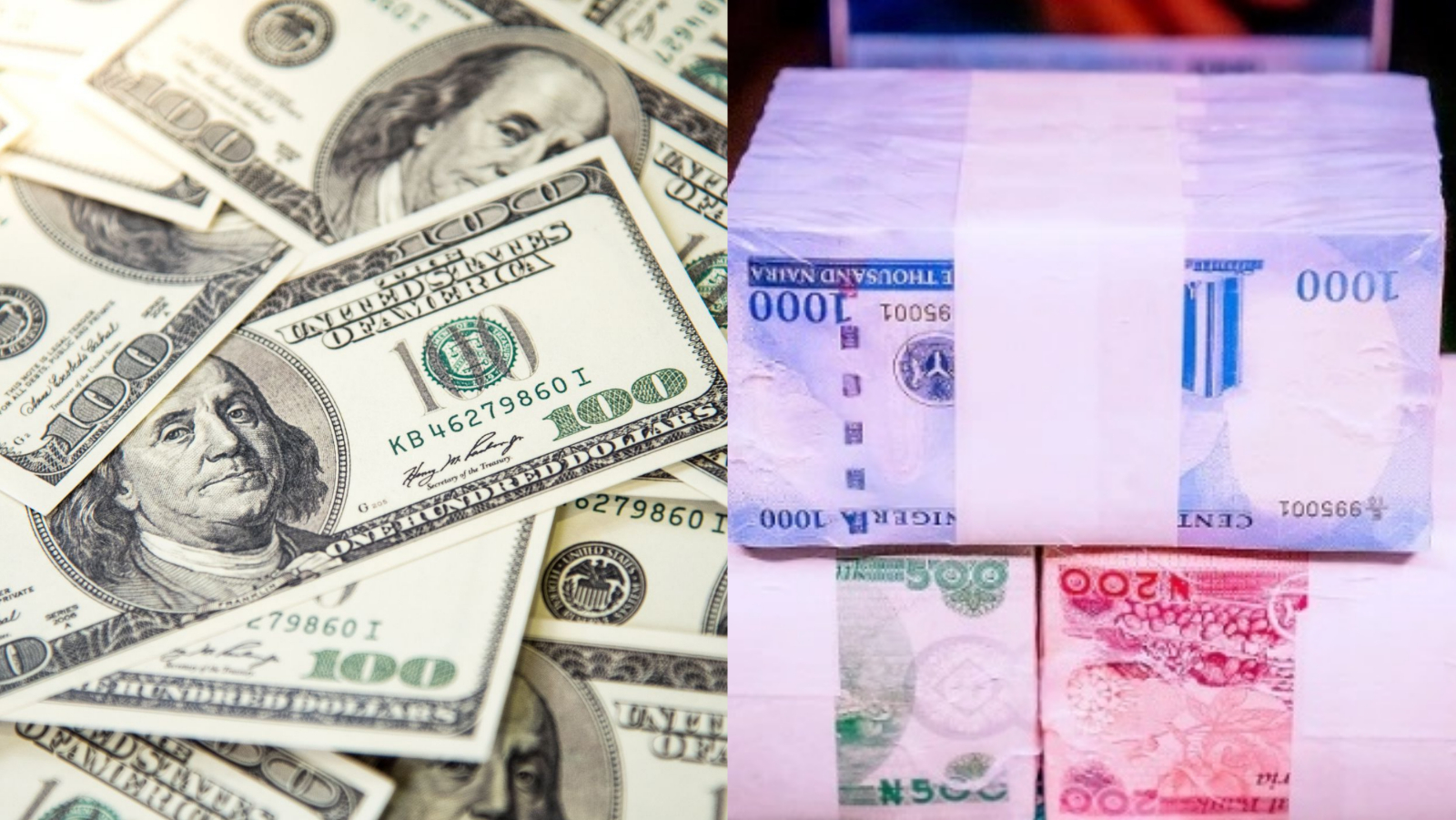

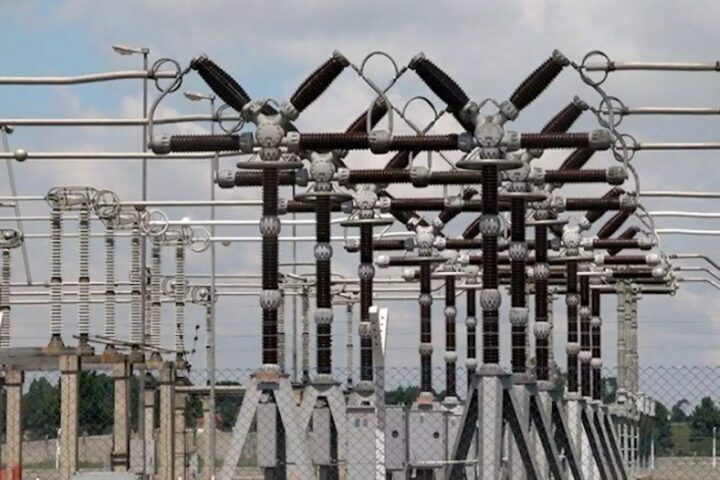
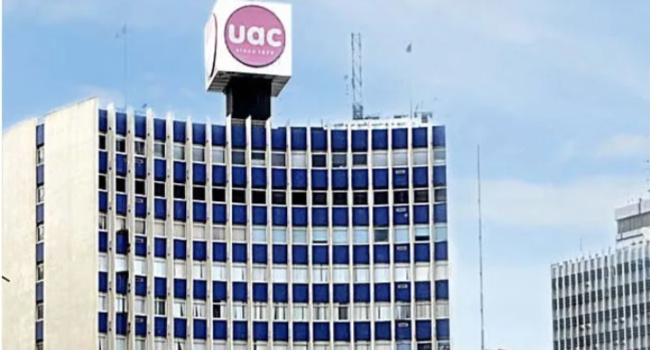







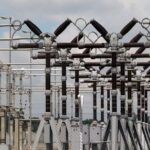
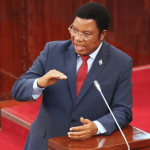

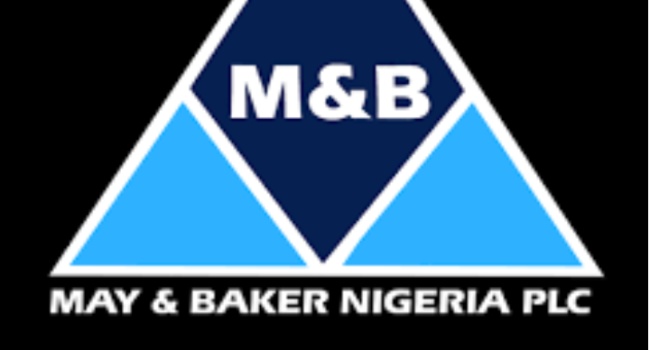
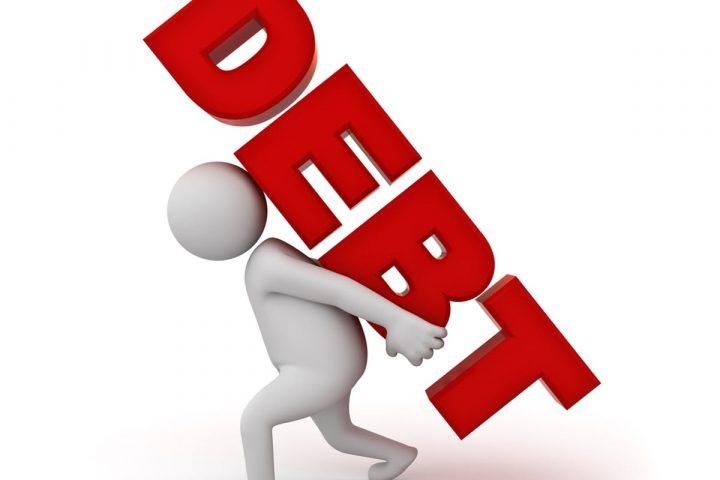
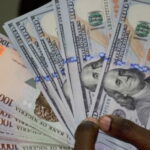
Follow Us